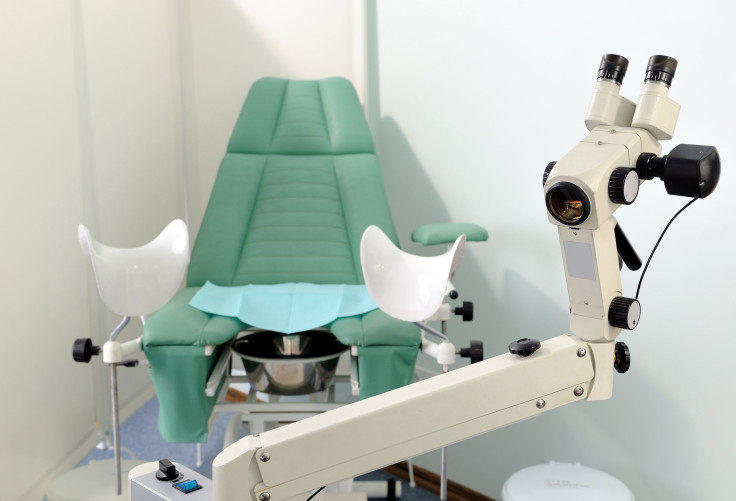Nikita Levy, Gynecologist Who Secretly Videotaped Thousands Of Exams, Promtps Class-Action Settlement

A Maryland judge has approved a group settlement in the class-action lawsuit against the former Johns Hopkins gynecologist who allegedly videotaped and photographed thousands of examinations without obtaining permission.
Attorneys representing the plaintiffs said on Friday that gynecologist Nikita Levy may have furtively recorded the examinations of over 9,000 patients during the two decades he spent at the prestigious Baltimore, Md. hospital. Levy, whom police say killed himself in his home shortly after the investigation began, allegedly videotaped countless procedures using a camera designed to look like a pen. Some of his victims include other Hopkins physicians and hospital workers. "They are all women who feel betrayed, women who feel violated," said Howard A. Janet, a lead attorney for the plaintiffs.
The lawsuit, which seeks damages for 3,800 of the victims, contends that Levy’s secret recordings were part of a pattern of “sexual boundary violations” characterized by inappropriate remarks, unnecessary procedures, and gratuitous physical contact, The Baltimore Sun reported. According to one of the victims, he would make crude observations throughout the examinations. Another woman said that Levy once ordered three Pap smears for no apparent reason.
Although Johns Hopkins has so far not admitted any wrongdoing, it has announced that it will abide by the conditional class-action suit. “Johns Hopkins sincerely hopes that the conditional class action settlement framework will facilitate a fair resolution of all claims,” the hospital said in a statement released on Thursday. “Because of the sensitive nature of the allegations, Johns Hopkins believes that attempting to resolve the claims without protracted litigation is in the best interests of those potentially affected by Dr. Levy’s conduct and will help to preserve the privacy of our patients.”
According to The Huffington Post, local authorities began their investigation in early February, when an employee reported her suspicions to hospital officials. In her complaint, the employee described a strange pen that Levy would wear around his neck during examinations. The pen, which the employee believed to be a recording device, was later discovered in Levy’s office and confiscated by security personnel.
On February 5, Levy was escorted off the premises and barred from patient contact. In addition to the pen, local authorities retrieved several other recording devices as well as 10 file servers containing photographs and video recordings of his patients. Two weeks later, Levy was found dead in his Baltimore home.
Both parties believe that the class action suit is in their best interest, as it will facilitate proceedings, prevent excessive damages, and limit legal expenses. In addition, it will benefit the Baltimore court, whose docket would otherwise be inundated with individual claims. "It would serve the hospital by ending this disaster, certainly," said Jonathan Schocher, who is a lead litigator in the matter. "It would serve the community, and it would serve the court system."



























